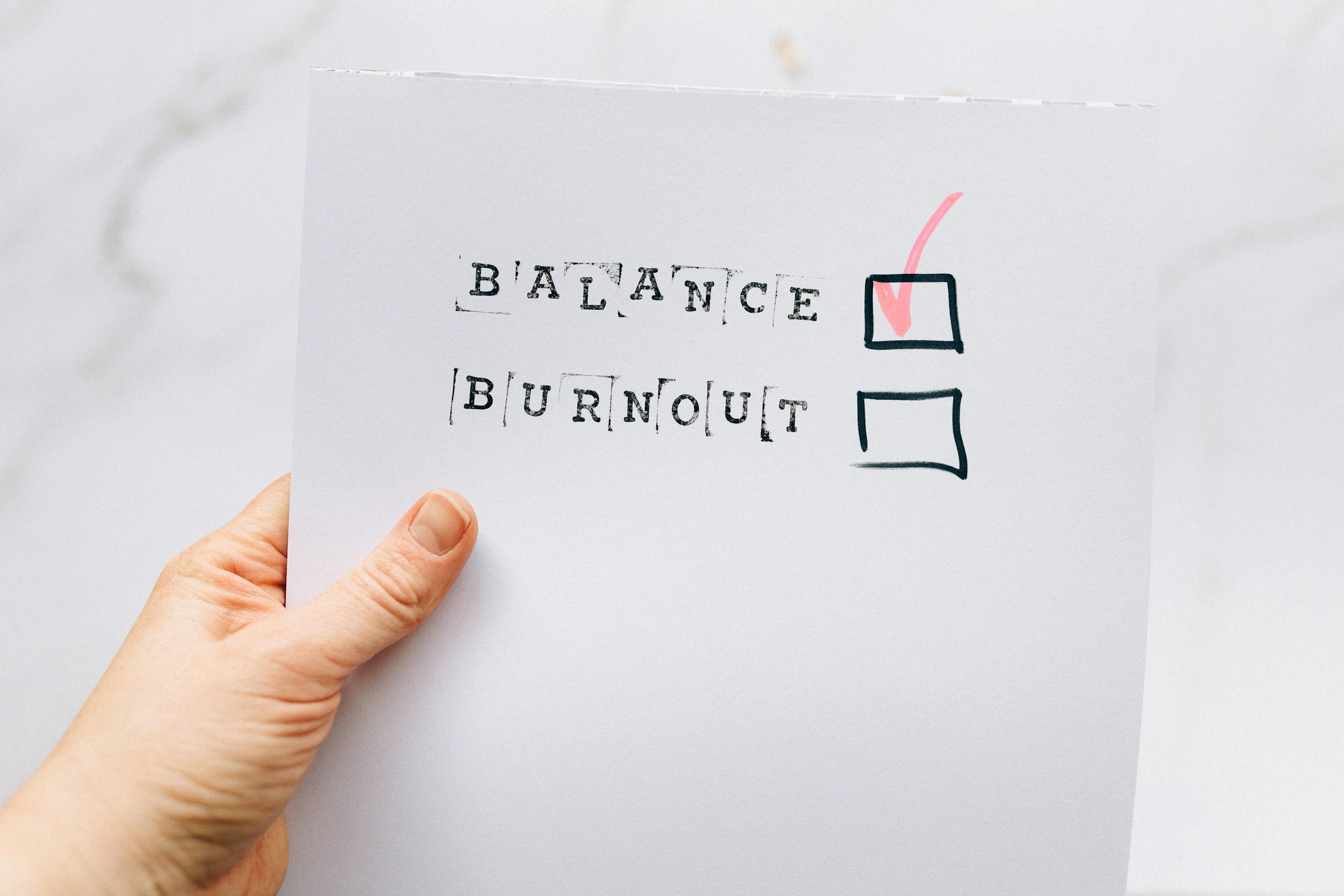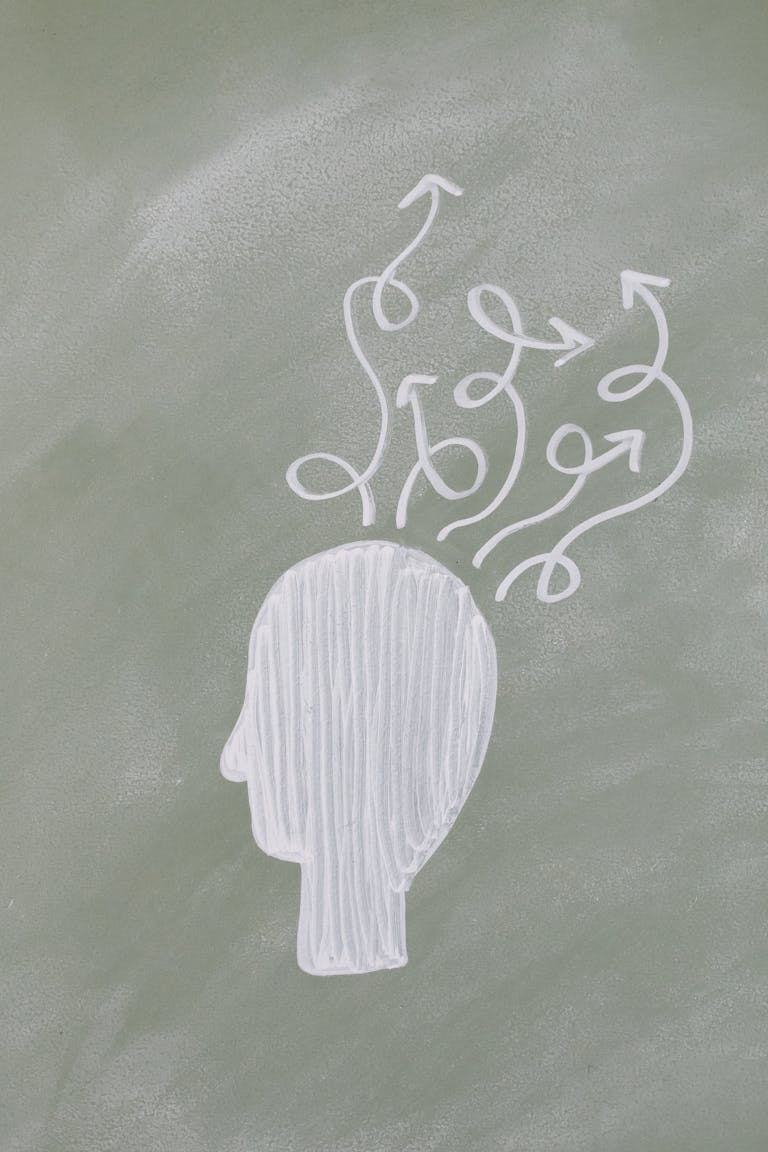April is Stress Awareness Month
Everyone feels stressed from time to time. Some people may cope with stress more effectively or recover quicker than others. It’s important to know your limits in order to avoid serious health effects.
What is stress?
Stress can be defined as the brain’s response to the changes we experience in life. Changes can be positive or negative, real or perceived, short-term or long-term. Some changes are mild, such as watching a scary movie or riding a rollercoaster; and some are major, such as divorce, serious illness, or a car accident. Other changes can be considered extreme, such as exposure to violence.
There are at least three different types of stress, all of which carry physical and mental health risks:
• Routine stress related to the pressures of work, family and other daily responsibilities.
• Stress brought on by a sudden change, such as losing a job, divorce, or illness.
• Traumatic stress is experienced in an event like a major accident, war, or natural disaster.
How does stress affect your overall health?
The body responds to stress in similar ways, but different people might experience it differently.
• Digestive symptoms, headaches, sleeplessness, depressed mood, anger and irritability.
• People under chronic stress are prone to more frequent and severe viral infections, such as the flu or common cold, and vaccines, such as the flu shot, are less effective.
• Continued strain on your body from routine stress may lead to serious health problems, such as heart disease, high blood pressure, diabetes, depression and/or anxiety disorder.
How can you cope with stress?
The following are some tips that may help:
• Seek help from a qualified mental health care provider.
• Get proper health care for existing or new health problems.
• Stay in touch with people who can provide emotional and other support.
• Recognize signs of your body’s response to stress, such as difficulty sleeping, being easily angered, and feeling depressed and low energy.
• Set priorities and learn to say no to new tasks if they are putting you into overload.
• Exercise regularly-just 30 minutes per day of gentle walking can help boost mood and reduce stress.
• Explore stress coping programs, which may incorporate meditation, yoga, tai chi, or other gentle exercises.
For additional resources and information, go to The National Institute of Mental Health at:







